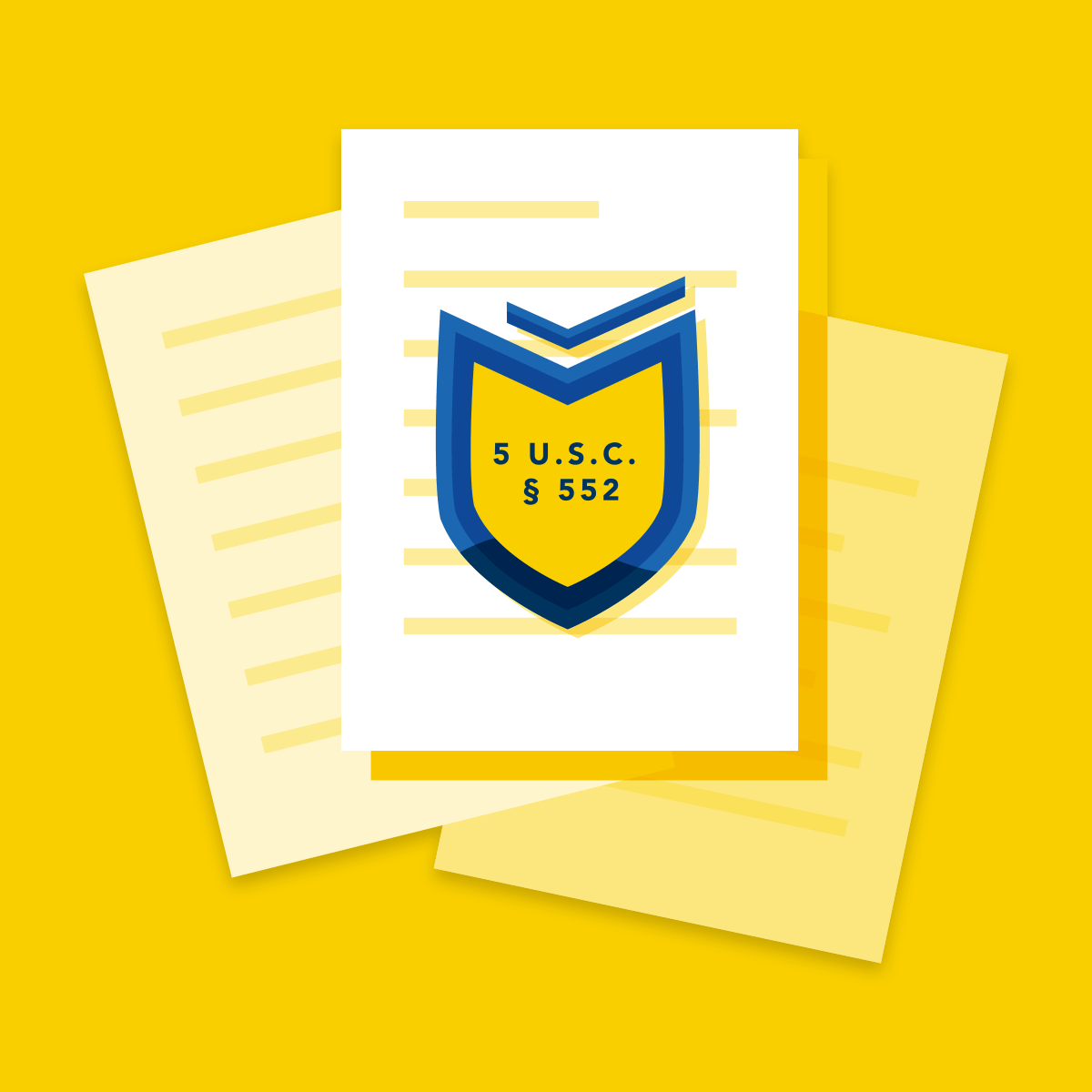
The private student loan market has seen rapid growth over the last decade. Today, student loan borrowers owe over $140 billion in private student loans. These loans often carry high interest rates and contain fewer rights and protections for borrowers than federal student loans. This market also lacks basic transparency and reporting requirements. For these reasons, borrowers face a substantially heightened risk of harm as predatory actors are allowed to flourish.
The SBPC is working to shine light on the private student loan market and expose predatory players.
Our Work:

Point of Fail: How a Flood of “Buy Now, Pay Later” Student Debt is Putting Millions at Risk
This report documents the results of an SBPC investigation finding that emerging point-of-sale lending firms, particularly those in the rapidly growing BNPL space, are driving students toward risky loan products and propping up a startling array of questionable for-profit schools in the process.

Morally Bankrupt: How the Student Loan Industry Stole a Generation’s Right to Debt Relief
This report investigates a decades-long scheme by the student loan industry to rob borrowers of their right to debt relief on many types of private student loans.
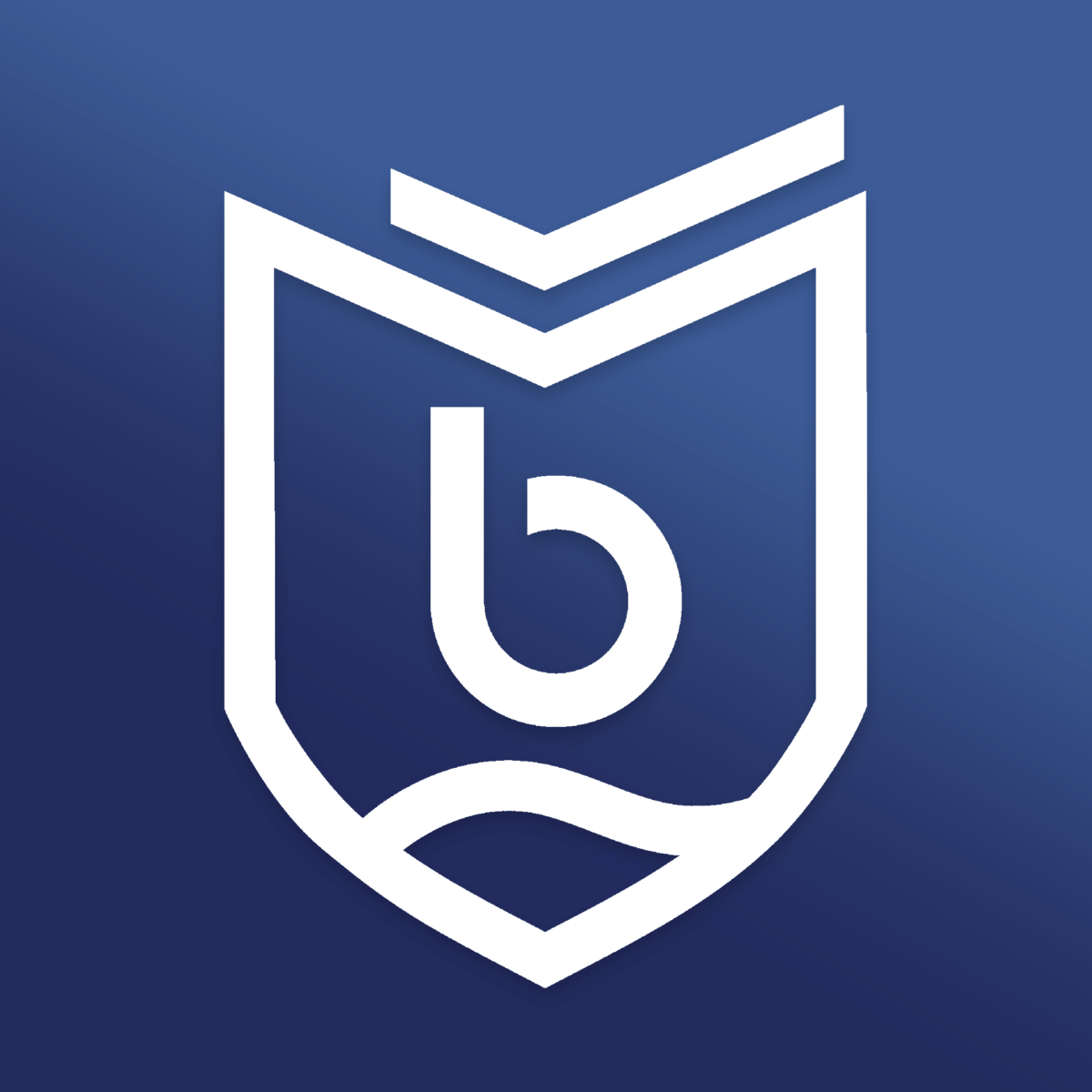
Advocates Outline a Path Forward for California to Rein in Shadow Student Debt
Advocates commented on proposed rules for education financing products in California aimed at protecting borrowers from predatory education financing products.

This report is the result of an investigation revealing that public colleges and universities nationwide are driving students toward expensive, predatory student debt.

The SBPC sent a letter to the CFPB warning of troubling business practices and possible borrower harm by Climb Credit, a specialty lender that provides financing for education and vocational training courses.

An SBPC investigation found that PayPal Credit, a high-cost, digital credit product, is offered by over 150 for-profit schools as a means for students to finance tuition.
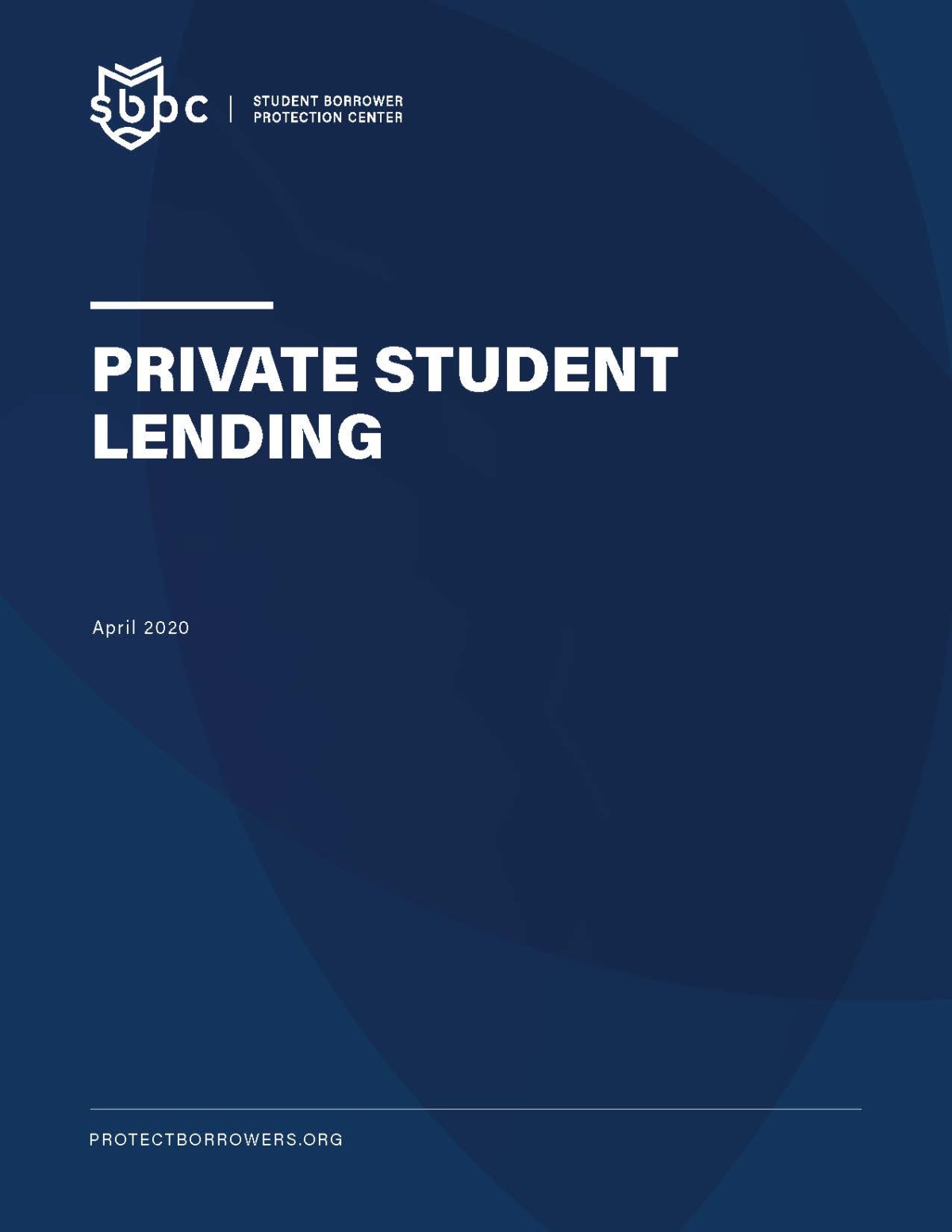
This report documents the rapid growth of the private student loan market and demonstrates why there is a desperate need for accountability and reforms to protect the millions of borrowers whose lives are impacted by this market.
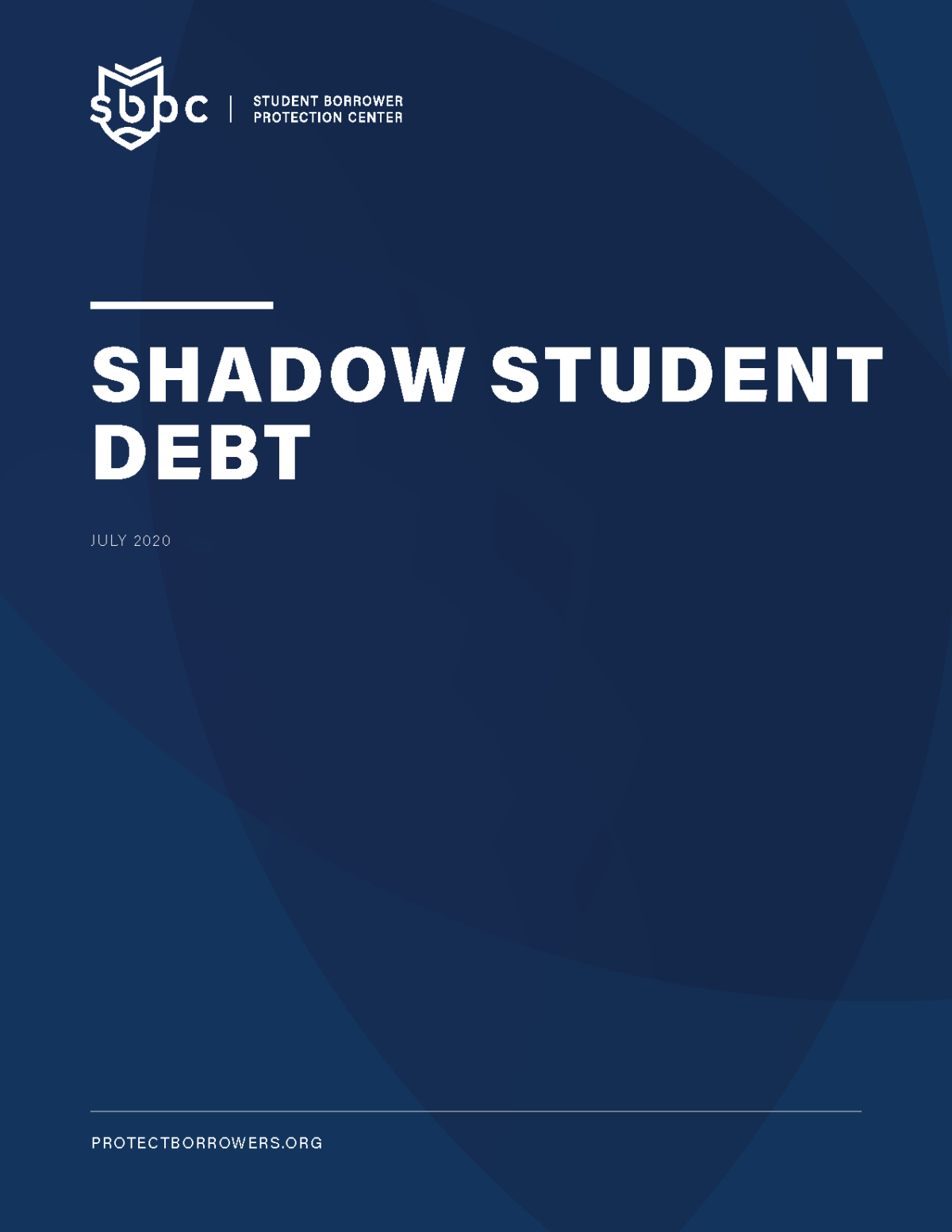
This report examines the web of predatory schools and financial services firms that drive students to take on risky, high-cost shadow student debt.
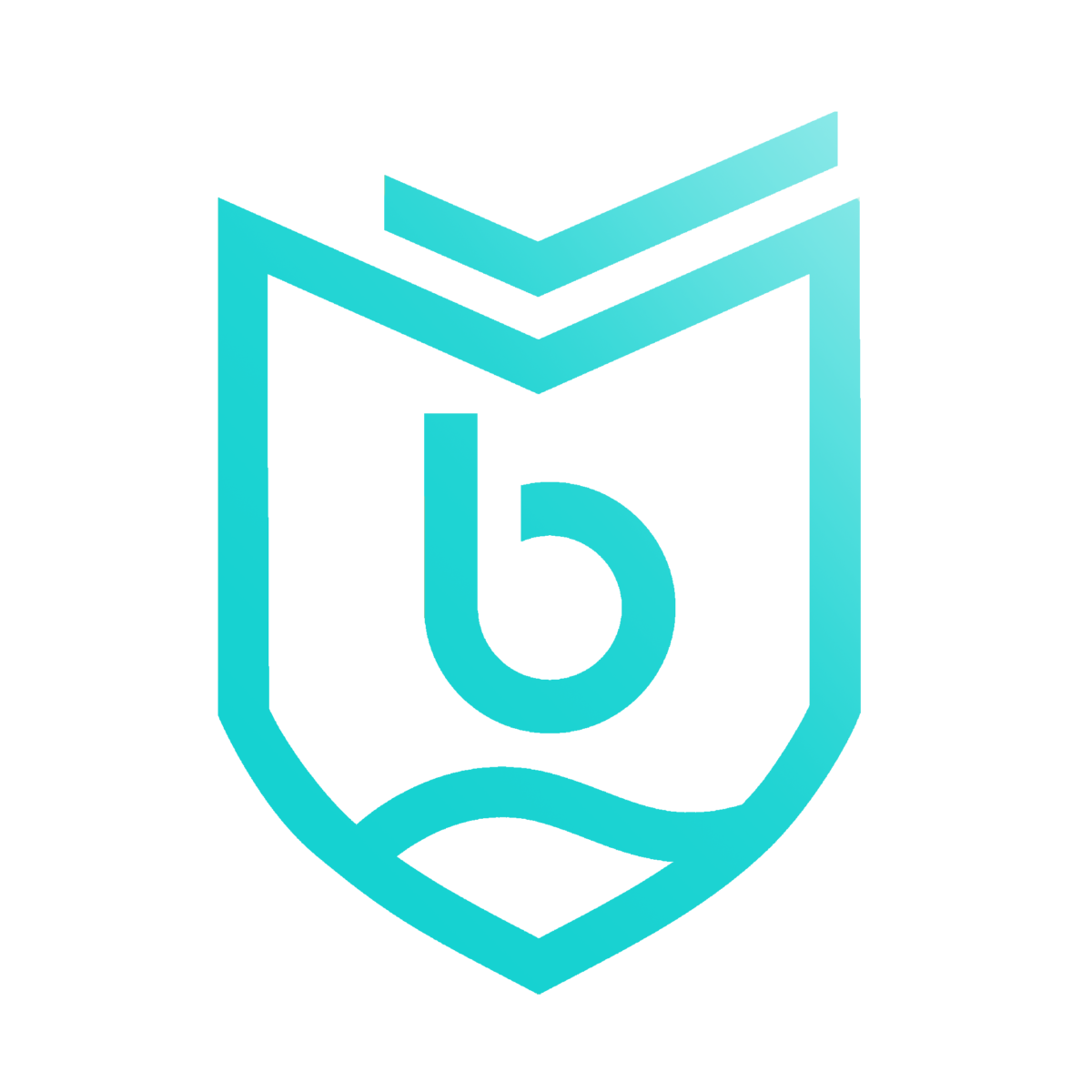
State Action to Protect Private Student Loan Borrowers
States are stepping up to protect borrowers with existing debt from abuses by lenders, servicers, debt buyers, and debt collectors, and taking action to make new loans safer, and rein in the worst abuses by companies across the lifecycle of a private student loan.
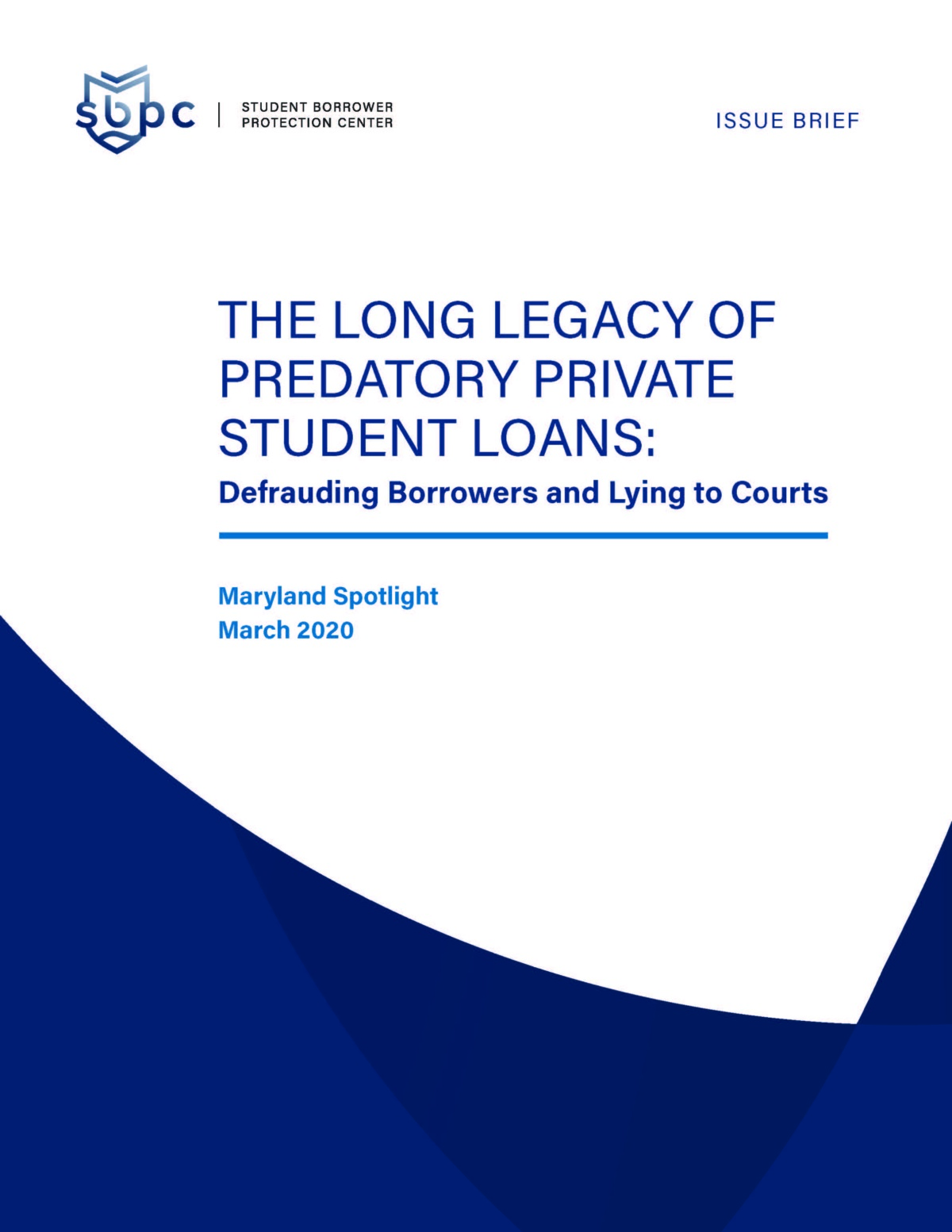
Private Student Loan Collections Issue Brief: Maryland Spotlight
In an issue brief, the SBPC shows how private student loan collection practices are harming borrowers across the country — with a spotlight on Maryland borrowers.
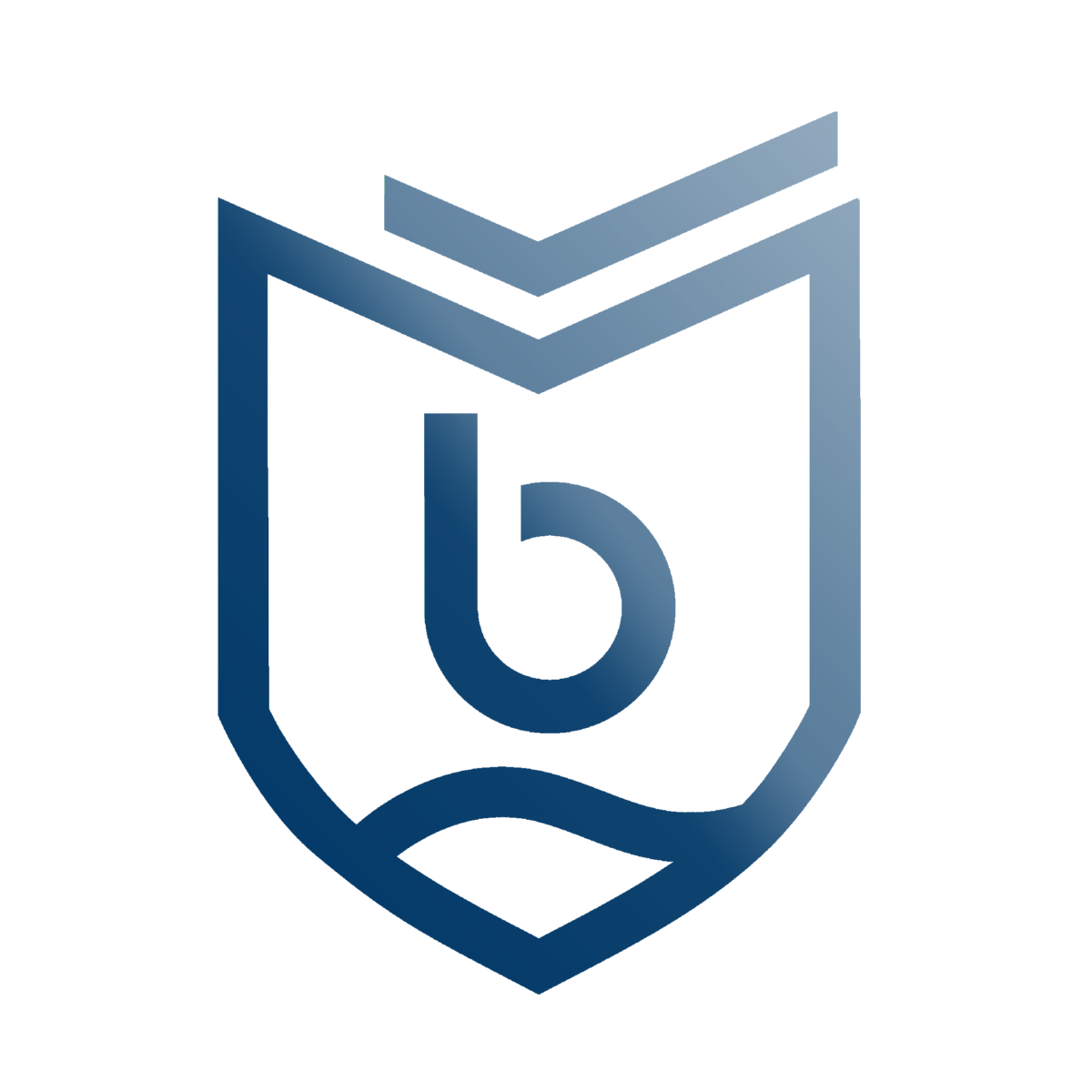
The SBPC’s analysis of fintech and banking products uncovered cases where a prospective borrower may be hit with thousands of dollars in additional credit costs if he or she attended a community college, an Historically Black College or University (HBCU), or an Hispanic-Serving Institution (HSI).
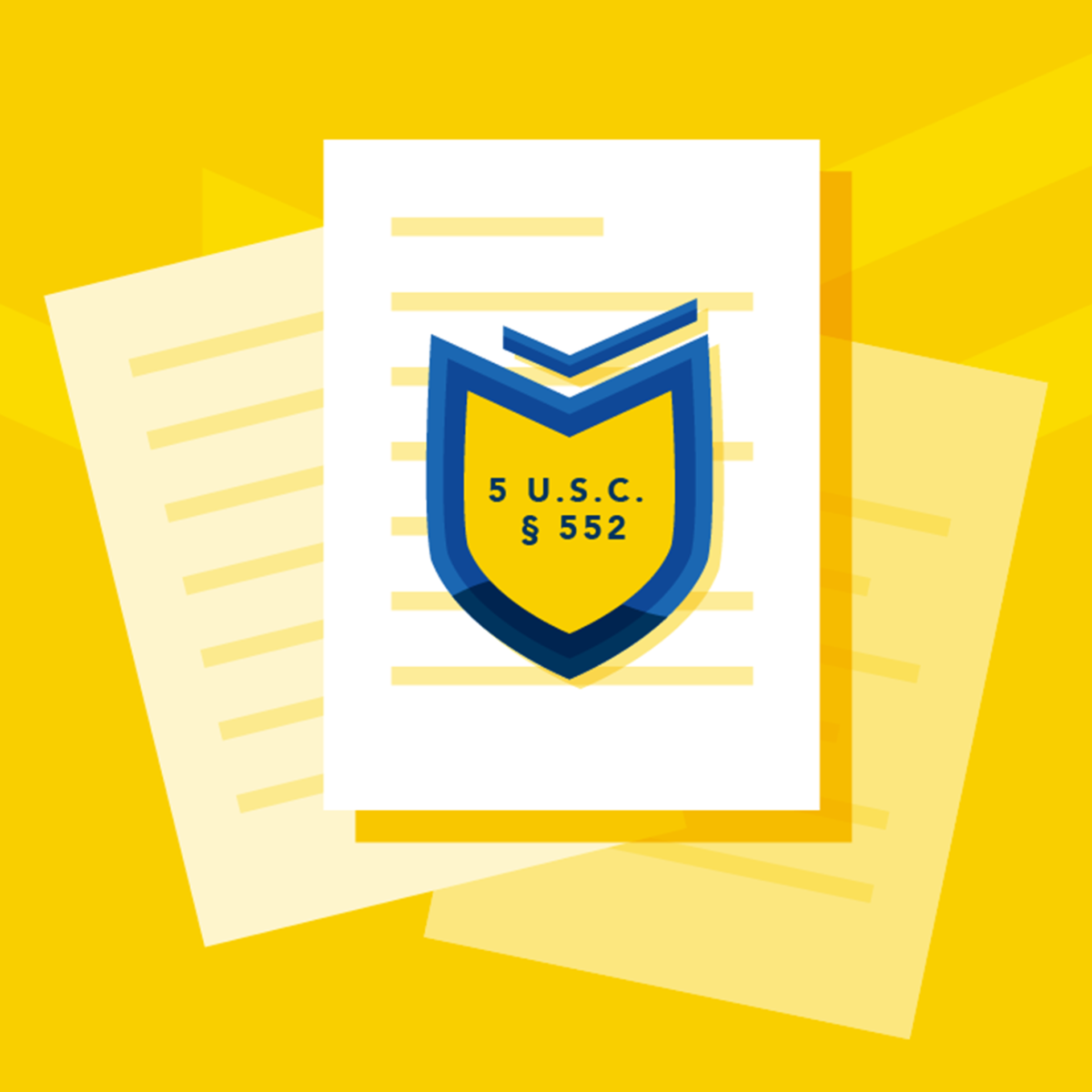
The CARES Act Leaves Behind Millions of Student Loan Borrowers
As the world grapples with the fallout of the coronavirus pandemic, student loan companies cannot be allowed to continue making billions on the plight of student loan borrowers. And yet, even for many borrowers of federal student loans, this is precisely what the CARES Act will permit.

The report offers a snapshot of recent trends and borrower outcomes in the space, indicating a critical need for more rigorous borrower protection at the federal, state, and local level.
Private Student Loans in the News:

Student Loan Watchdog Accuses Lender Climb Credit of ‘Troubling Tactics’
A nonprofit student loan watchdog is accusing private lender Climb Credit of engaging in tactics that misrepresent educational programs and projected earnings while steering borrowers towards for-profit schools, Yahoo Finance has learned.

‘Shadow’ Lenders Can Leave College Students in the Dark
Thirty-eight percent of students borrow additional money for college via credit cards, home equity loans and other non-student loans, according to a May 2020 report from the Federal Reserve. The SBPC has dubbed this the “shadow education finance market” because these options can lack transparency.

A $5 Billion ‘Shadow Debt’ Market is Helping Keep For-Profit Colleges Afloat, New Report Charges
Over the past decade, students have borrowed more than $5 billion through an opaque web of companies to pay for training at for-profit schools, the Student Borrower Protection Center, an advocacy group, found. These products, which aren’t traditional federal or private student loans, often carry high interest rates and other risks for borrowers, according to the SBPC.

Coronavirus Shutdown: Consumer Advocates Worry About $100 Billion Private Student Loan Market
Presently there are more than 43 million Americans with $1.5 trillion in student loan debt. Federal loans form $1.3 trillion of that, and as Frotman indicated, a sizable portion of the remainder comprise of private education loans.

The Stimulus Act Shows Us the Risks for Private Student Loans
But for millions of people whose student loans are from private lenders such as Wells Fargo, Sallie Mae, or SoFi, the package, which is intended to alleviate financial pressures caused by the coronavirus pandemic, brings no relief.